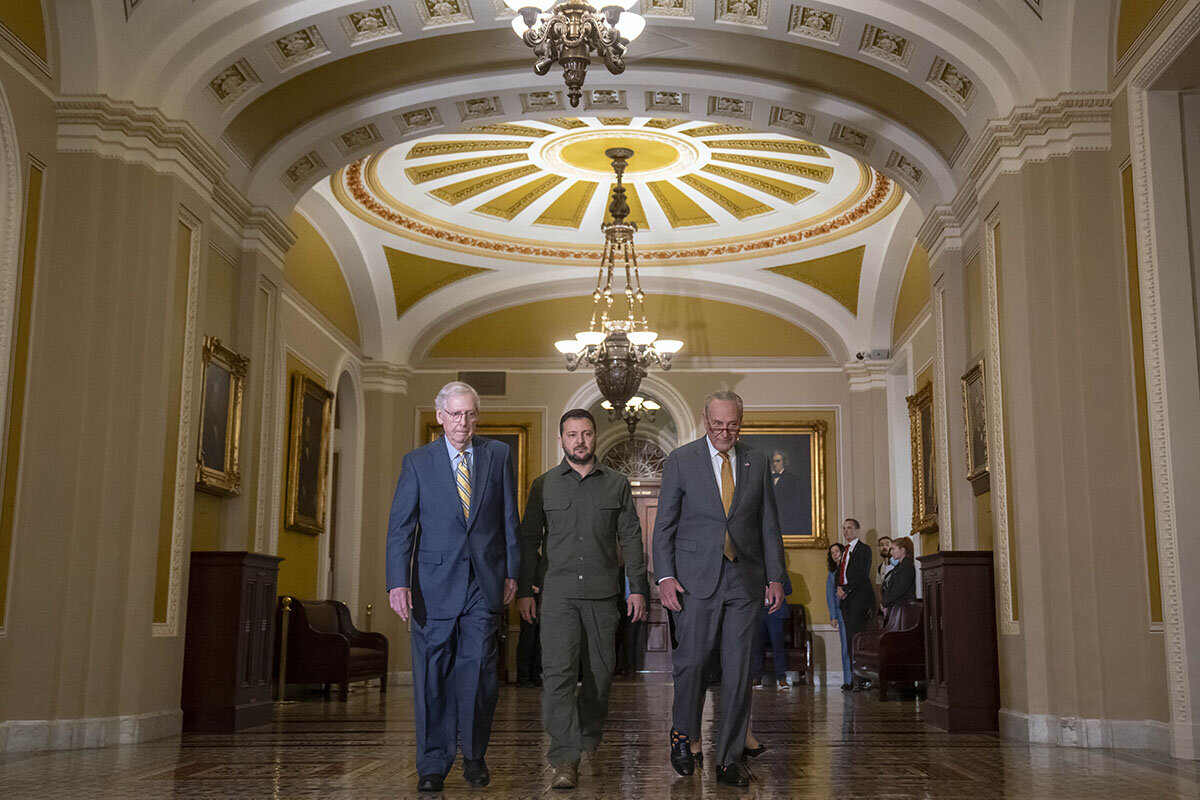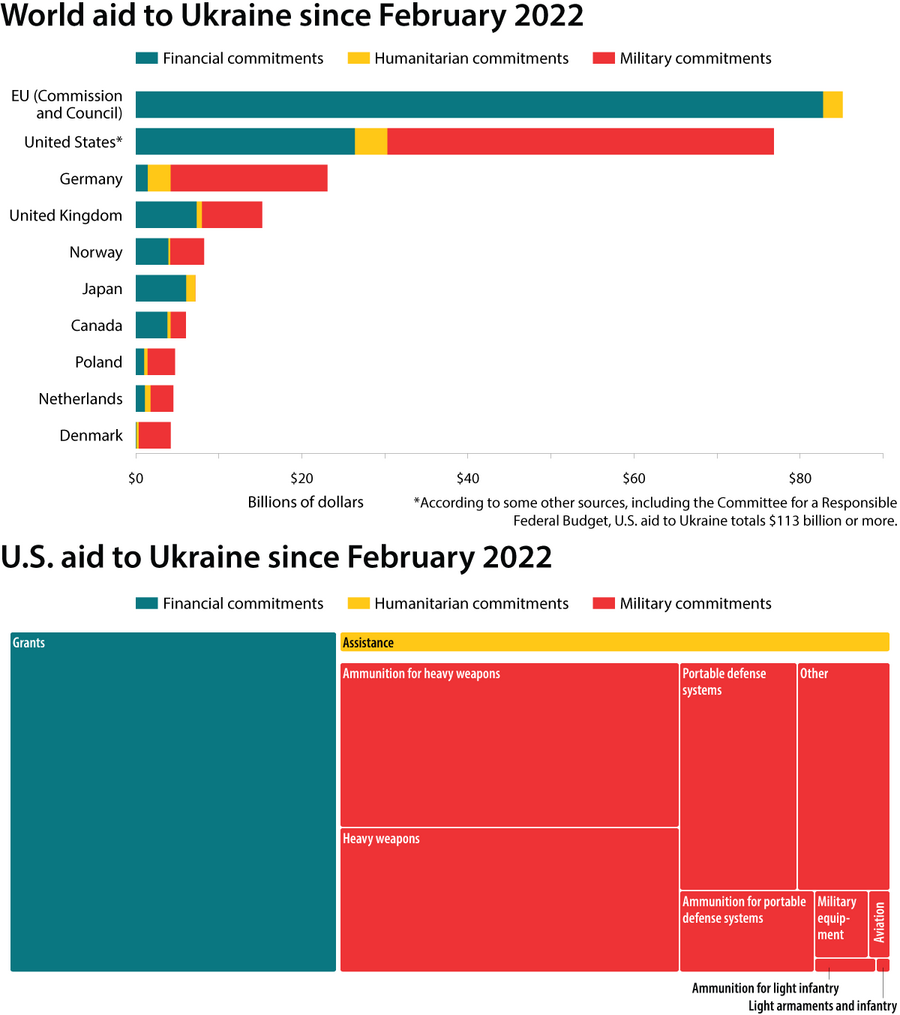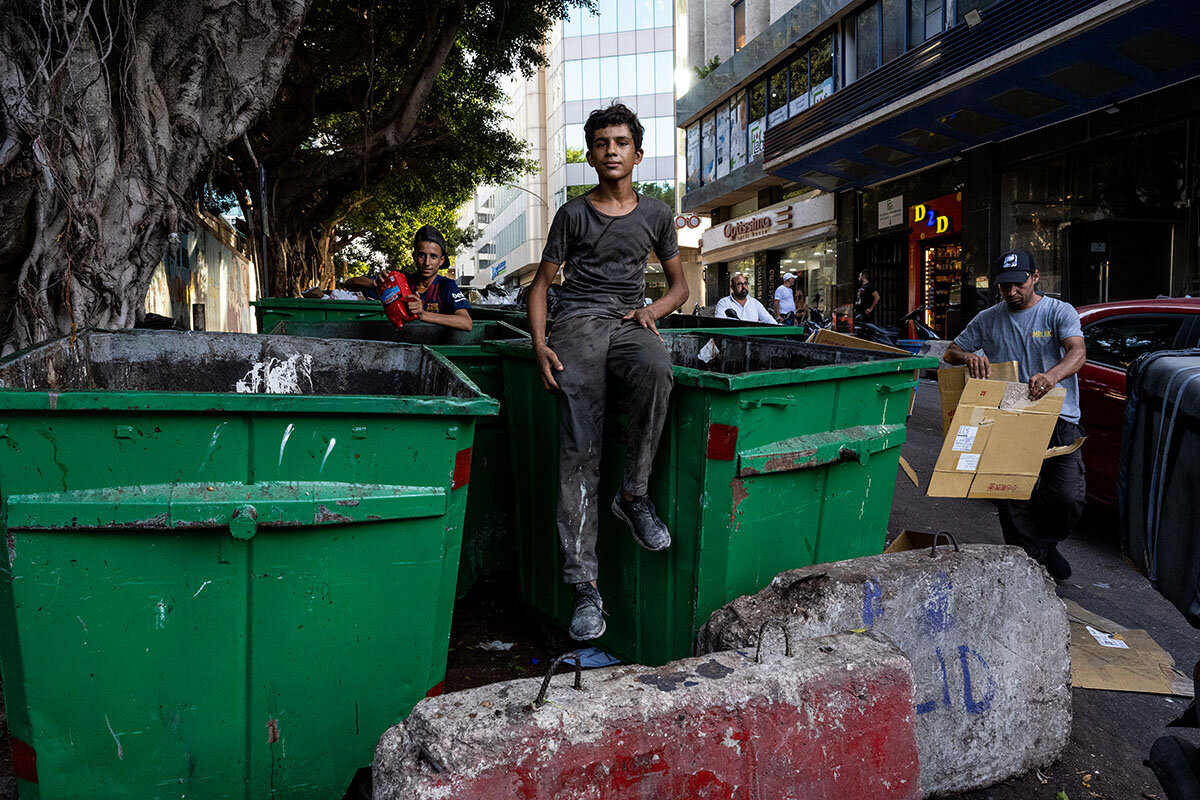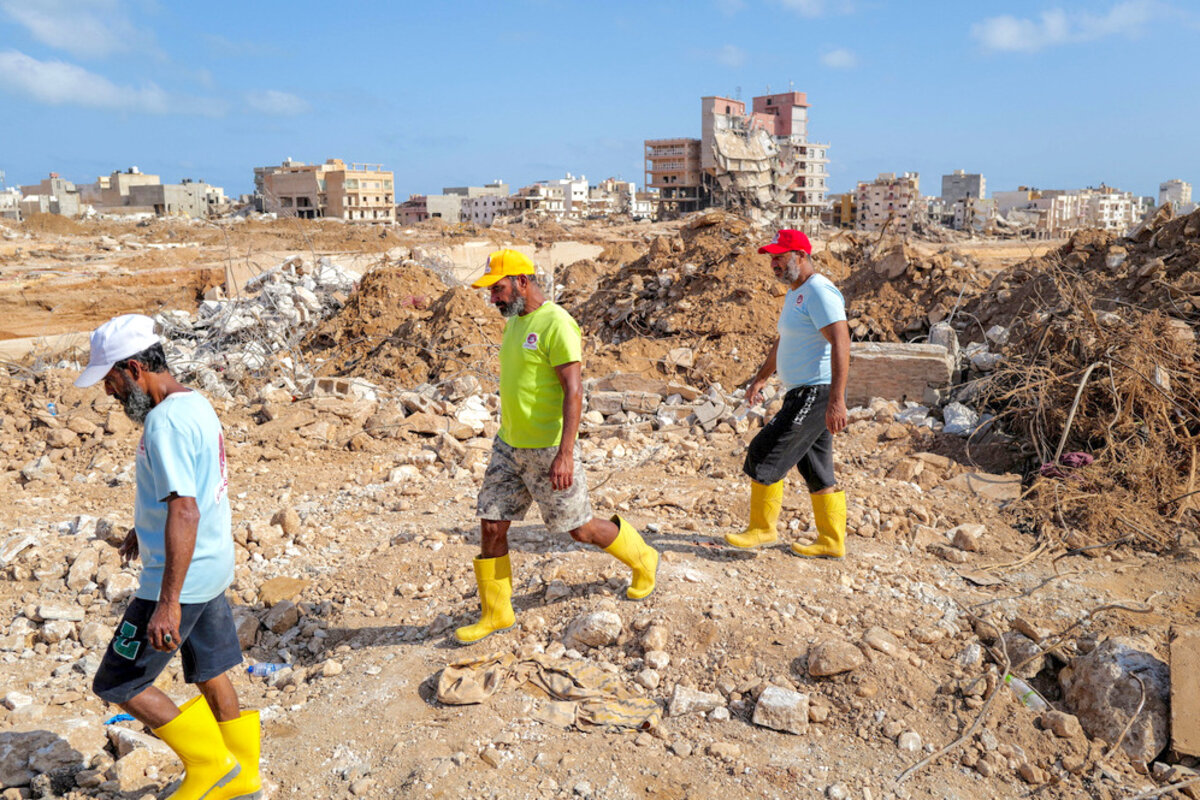The Ukrainian president’s U.S. visit comes as Congress heads toward a possible shutdown and 55% of Americans oppose additional aid to Ukraine.
Monitor Daily Podcast
- Follow us:
- Apple Podcasts
- Spotify
- RSS Feed
- Download
 Mark Sappenfield
Mark Sappenfield
The mayor of Eagle Pass, Texas, was finally left with no option but to sign an emergency declaration Wednesday. Some 4,000 unauthorized immigrants had crossed the Rio Grande into his city in the previous two days.
Mayor Rolando Salinas Jr.’s declaration is the culmination of a crisis building for more than a year. Illegal border crossings in the area are growing dramatically, and Texas’ Republican governor, Greg Abbott, has responded aggressively. Two-year-old Operation Lone Star has brought in state law enforcement and taken controversial measures, such as putting buoys tipped with saw blades in the Rio Grande. On Wednesday, Governor Abbott vowed on social media to reinstall razor wire he said was cut by the federally run Border Patrol.
The Monitor’s Henry Gass was there last week, and he’s working on a story for next week. He tells me he saw echoes of what our Story Hinckley found at a different part of the border a year ago. Many in the area, including Latinos, want the government to take a tough stand. Some are turning to the Republican Party because of it.
Henry heard stories of houses broken into and hospitals unable to help citizens because they were full from the influx of border crossings.
Yet he also saw evidence of limits to the “get tough” approach. As other reports from Eagle Pass have indicated, he sees the initial enthusiasm for Operation Lone Star waning. What the people of Eagle Pass want is efficiency, not cruelty – especially cruelty that doesn’t seem to be deterring migrants.
“It’s complicated,” Henry says. “You hear a lot about the need for more enforcement – about immigrants coming to America the ‘right’ way. But some of these things, there’s a sense that it’s inhumane and going way too far.”












